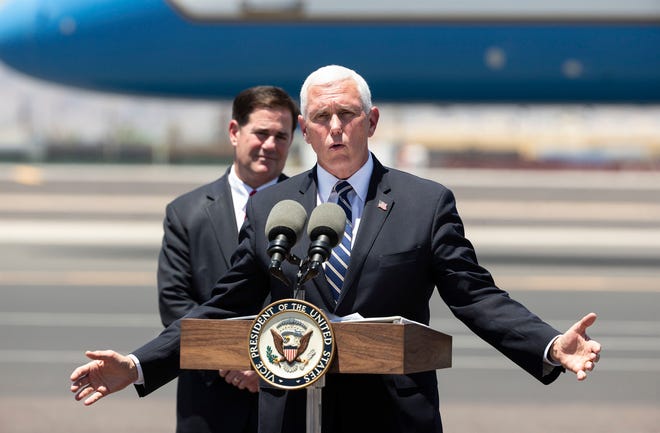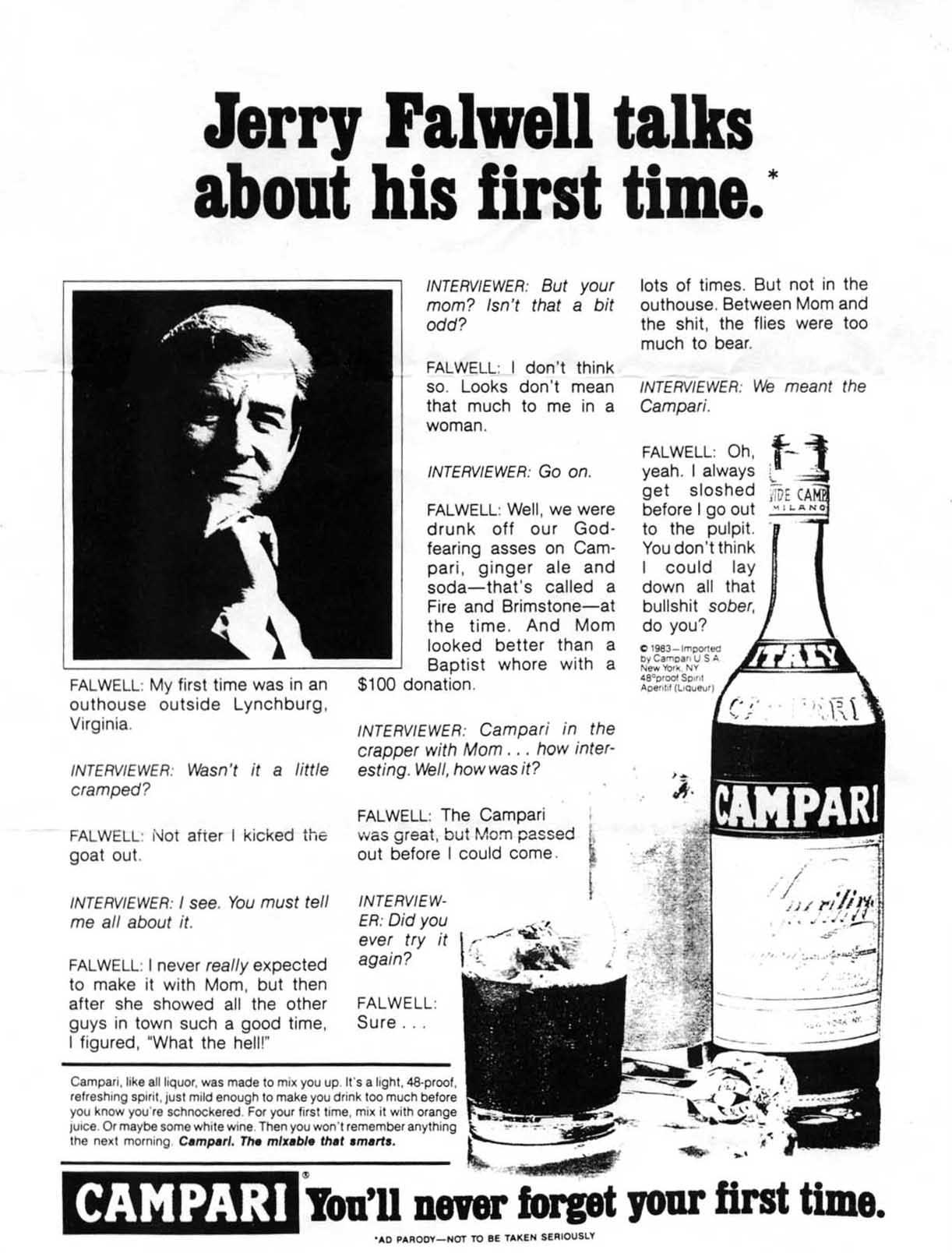August 12, 2020
GABRIELA SALDIVIA Twitter

A new study of Deinosuchus or "terror crocodiles," led by Adam Cosette, offers a fuller picture of the ancient creature from head to tail. Cossette said Deinosuchus had large, robust teeth, ranging from six to eight inches long, as shown in the photo.Adam Cossette
Enormous "terror crocodiles" once roamed the earth and preyed on dinosaurs, according to a new study revisiting fossils from the gigantic Late Cretaceous crocodylian, Deinosuchus.
The research, published in the Journal of Vertebrate Paleontology, reiterates that Deinosuchus were among the largest crocodylians ever in existence, reaching up to 33 feet in length. New in this study is a look at the anatomy of the Deinosuchus, which was achieved by piecing together various specimens unknown until now, giving a fuller picture of the animal.
Adam Cossette, a vertebrate paleobiologist at the New York Institute of Technology College of Osteopathic Medicine at Arkansas State University, led the study that corrected some misunderstandings about the Deinosuchus.
"Until now, the complete animal was unknown," Cossette said. "These new specimens we've examined reveal a bizarre, monstrous predator with teeth the size of bananas."
Past studies on cranial remains and bite marks on dinosaur bones led paleontologists to believe the massive Deinosuchus were an opportunistic predator, according to the press release. Fossil specimens now make it clear that Deinosuchus did indeed have the head size and jaw strength to have its pick of prey, including large dinosaurs.
"Deinosuchus was a giant that must have terrorized dinosaurs that came to the water's edge to drink," Cossette said.

Deinosuchus were the largest semiaquatic predators in their environments and are known to have fed on large vertebrates, including dinosaurs. The photo shows a Deinosuchus skull in dorsal view (A) and a skull in ventral view (B).Adam Cossette
University of Iowa vertebrate paleontologist Christopher Brochu, the study's co-author, said another important realization from the paper is that there were several species of Deinosuchus that roamed North America between 75 and 82 million years ago.
The study notes Deinosuchus hatcheri and Deinosuchus riograndensis lived in the west, from what is now Montana to northern Mexico. Deinosuchus schwimmeri lived in the east from New Jersey to Mississippi.
"Some of them were separated by a seaway that at one point cut North America in half from what's now the Gulf of Mexico up to the Arctic Ocean," Brochu said. "And that may have driven what we call speciation. There might have been one ancestral Deinosuchus form in North America, and then the seaway cut that population in half and on one side it evolved in one direction, the other side in a different direction."
Despite the nickname "terror crocodiles," Brochu said Deinosuchus were more closely related to alligators than to crocodiles but "didn't look like either one of them."
Deinosuchus had a snout that was long and broad, with the front appearing inflated unlike any other living or extinct crocodylian. On the tip of the snout is a large pair of holes. Researchers are still unsure of their function.
Both Brouchu and Cossette assert this paper disproves the idea that crocodylians are living fossils, or in other words, animals which never evolved.
"There's this concept out there that crocodylians are unchanging forms," Brochu said. "That they appear way back in the distant past and haven't changed since the days of the dinosaurs. That is simply not true."
If you look at the modern species of crocodylian, Cossette explained, there are just a handful and they all look and act very similar. But if you look at the fossil record there is diversity of size, shape, diet and lifestyle.
"Most people think crocodiles haven't changed in 75 million years," Cossette said. "This study shows that the ancestors of today's American alligator didn't look anything like them."
"Crocodiles are actually these incredibly dynamic creatures that have experienced incredible evolutionary histories, have lived in places that modern crocodiles don't live, done things that modern crocodiles don't do and have grown to sizes that modern crocodiles never achieve. That I think is the cool part [of the study], at least for me," Cossette added.

























